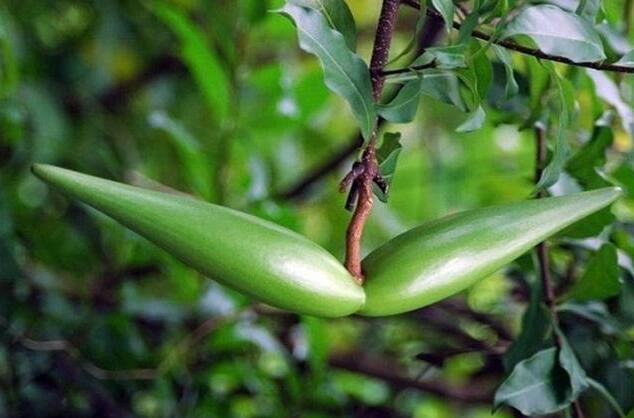The appearance of plants in nature is very wide, whether in the cold Antarctica or near the Arctic Circle, plants will be seen. Plants appear around us and are closely related to our lives, but many people do not understand plants. For example, the seeds of plants are strange. They are all mature seeds, but they will not sprout even if they are buried in the soil before a certain season. Do they have clever minds that can make choices based on the temperature and the changes in the external soil?
A wild oatmeal grows with wheat and matures slightly earlier than wheat. When the wheat is ripe for harvesting, it will drop its seeds into the soil early. The newly matured seed will not germinate in summer when moisture is sufficient, but when it comes to autumn, it will take root and sprout together with wheat as if the time has been calculated. The farmers tried their best to get rid of this weed. But for wild oats, oneself survives year after year, which looks like a brain performance. Is it because they really have brains?
The mainstream view is that the brain is a unique organ of animals, it is part of the central nervous system, and plants do not have no nerves, so plants cannot have brains. So what makes plants so smart?
Plants have a longer evolutionary history. According to scientists’ calculations, terrestrial plants existed and evolved 450 million years ago. This evolution is to adapt to the effects of different climates and soils on the earth. For example, the branches and trunks of many plants are more lush on the sunny side. Sunflowers will change direction as the position of the sun changes. It seems that plants will choose to think, but this is actually determined by the most basic “phototaxis” of plants. The root system of plants grows in the soil and absorbs nutrients from the soil to supply their own growth. The root system can respond sensitively to various substances, and make instinctive choices and responses based on the surrounding soil, including environmental changes. At the same time, a large number of signal molecules will be released to the outside world to respond to changes.
A British scientific research institution discovered that a plant may have a “brain”. There are a series of cells in plants that carry functions similar to a “command center”. According to their own characteristics, they will formulate life activities, such as when to sprout, and make key instructions. This instruction will allow you to take advantage of germination in the best time period, so that you can get the most opportunities and nutrients in the competition with the surrounding plants, avoiding germination too early and freezing to death by the cold air, or germination too late. Faced with a situation where many early-germinating plants compete for sunlight and nutrients. This kind of research is still controversial. In the near future, there will be an accurate answer to the question of the “brain” of plants.






